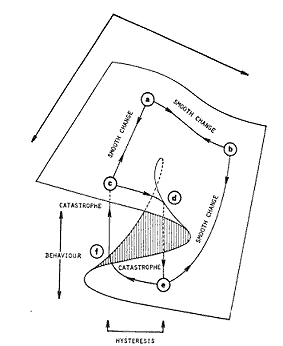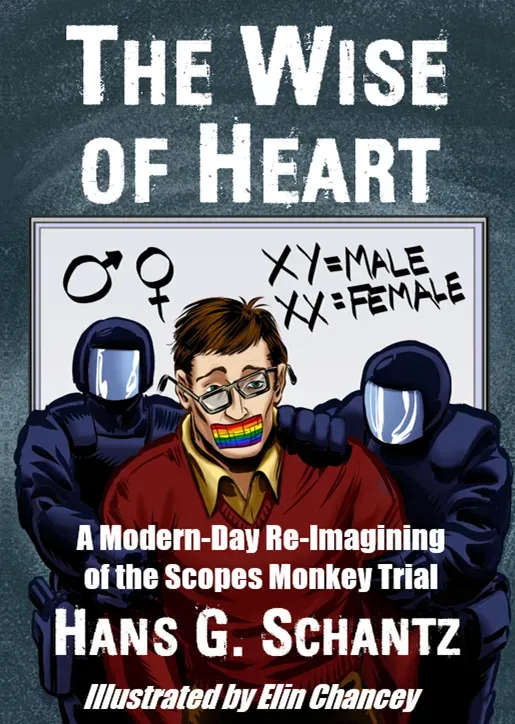Cocktail party theory: early twenty-first century science is disconnected from its source
While reading this post by Steve Hsu on Poincare and Einstein, I was reminded of my cocktail party theory of the decline of modern science. A cocktail party theory is something interesting enough for me to want to talk about, ie. at a cocktail party, but lacks rigor and data. I suspect that a reason we don't seem to make any big scientific discoveries anymore is that science is too pure. Too pure you say? How can this be possible?
When I look at the careers of eminent scientists from the past, they were heavily involved in practical concerns. For example:
In the last part of the 19th century, the coordination of clocks and the standardization of time had engaged the passions of nations, business leaders, astronomers and philosophers. The patent office in Bern, Switzerland, where Einstein worked, was a clearinghouse for patents on the synchronization of clocks.
In New England, the Harvard and Yale observatories were competing to sell time signals to the public, and in Paris pneumatic tubes snaked under the streets to synchronize the city's clocks with blasts of air. Far from being a bit of abstraction by a loner genius, the clocks that Einstein used as examples in his papers were as familiar then as computers are today.
...In addition to all his high-flown academic activities, Poincaré was immersed in practical work. He was a mining inspector, for example. Most important, he was deeply involved with the French Board of Longitude, even serving as president, sending teams of soldiers and surveyors across the oceans to map the far-flung empire.
If you go even further back, scientists like Robert Boyle thought the most pressing concerns for science were things we would today dismiss as mere engineering:
- Prolongation of Life;
- Recovery of Youth, or at least some of the Marks of it, as new Teeth, new Hair colour'd as in youth;
- A ship to saile with all winds and a ship not to be sunk;
- The attaining of gigantick dimensions;
- The acceleration of the production of things out of seed;
- The art of flying;
- The making of armor light and extremely hard;
- The practicable and certain ways of finding longtitudes;
- The cure of diseases at a distance, or at least by transplantation;
- Potent drugs to alter or exalt imagination, waking, memory and other functions, and appease pain, procure sleep, harmless dreams, etc.;
- Freedom from necessity of much sleeping exemplify’d by the operation of tea and what happens in mad-men;
- The emulating of fish without engines by custome and education only.
Number 8 was still an issue for Poincare 250 years later. However, we did a pretty good job on this list in the twentieth century. Maybe science just succeeded at Boyle's list and turned to other things.



Comments ()